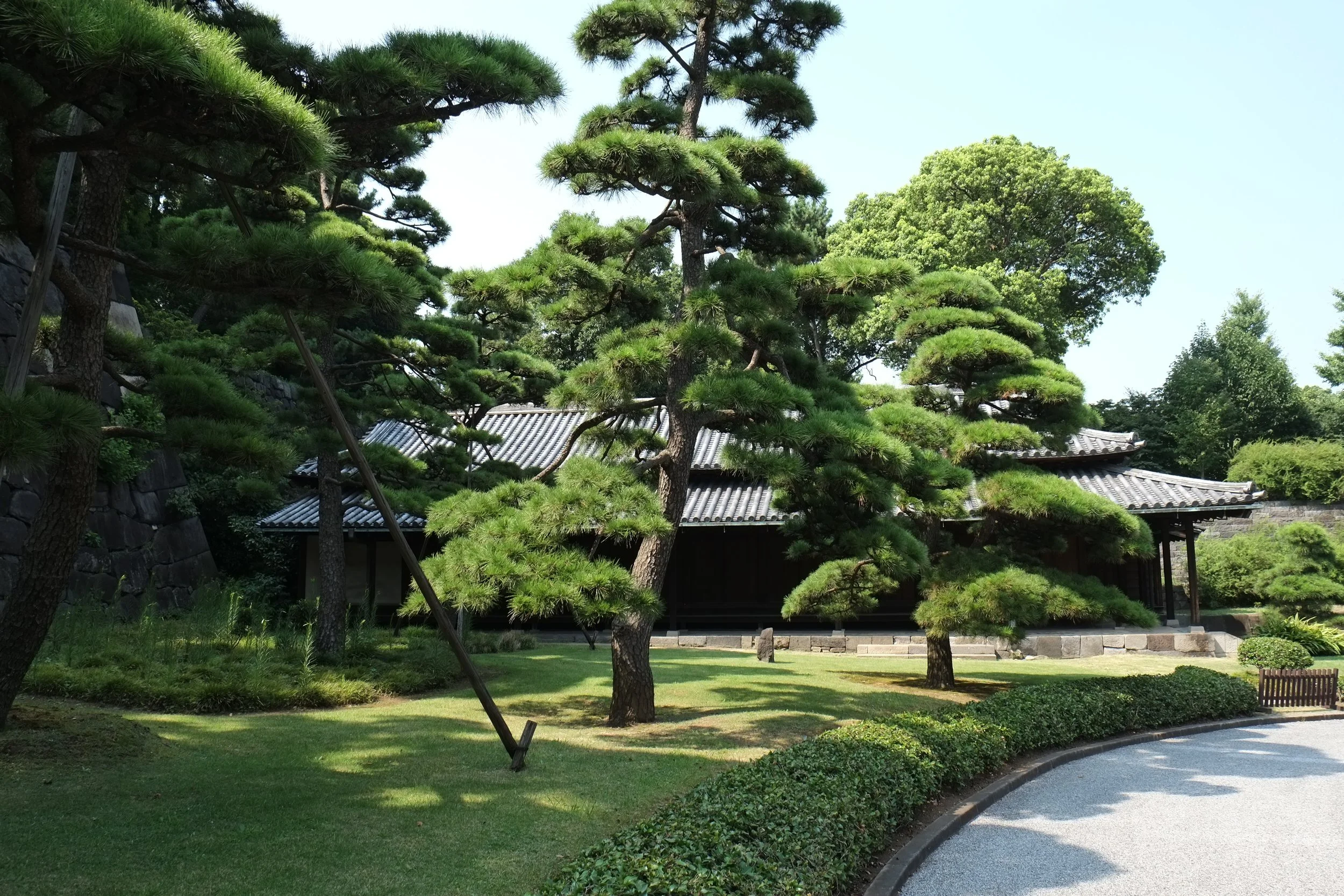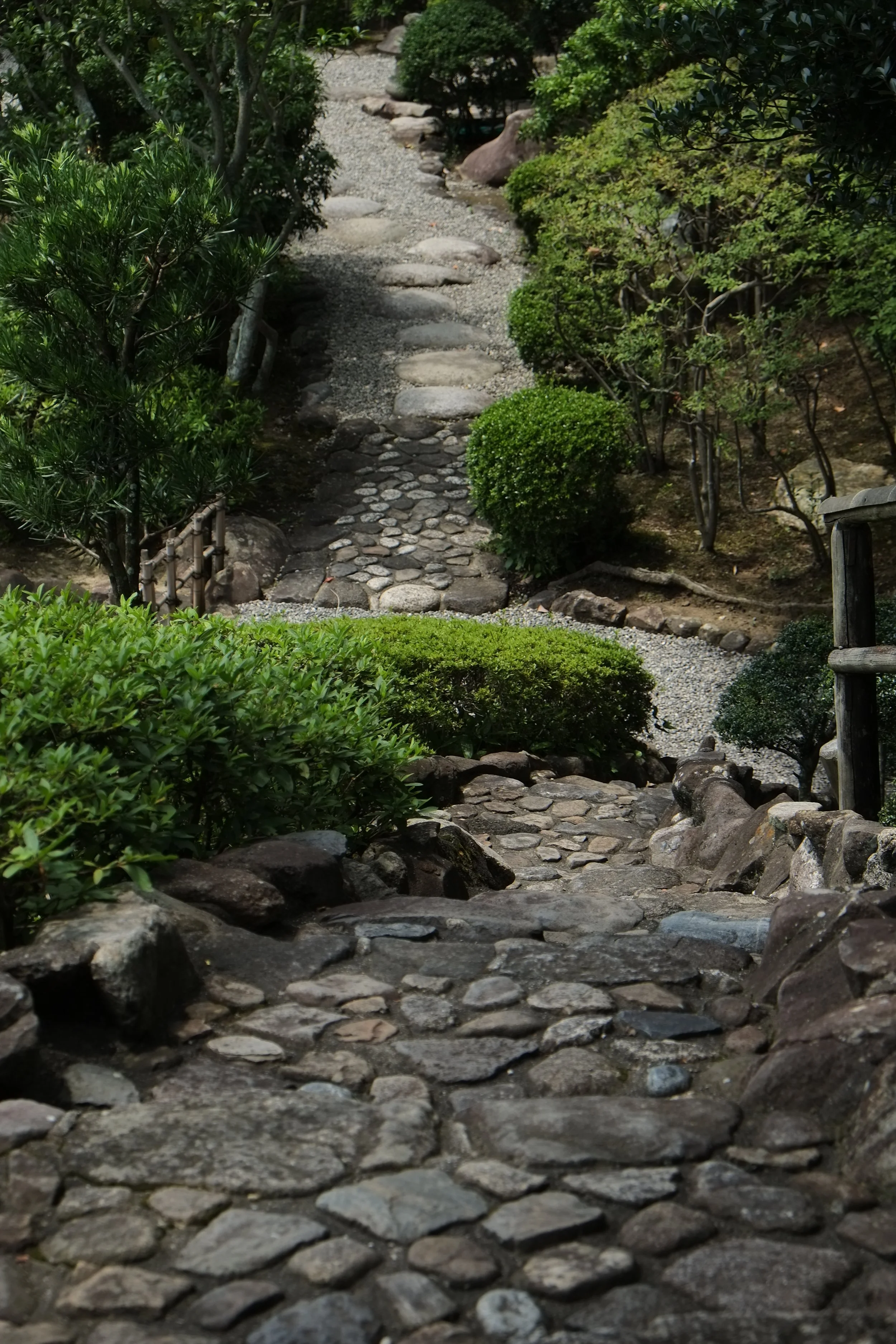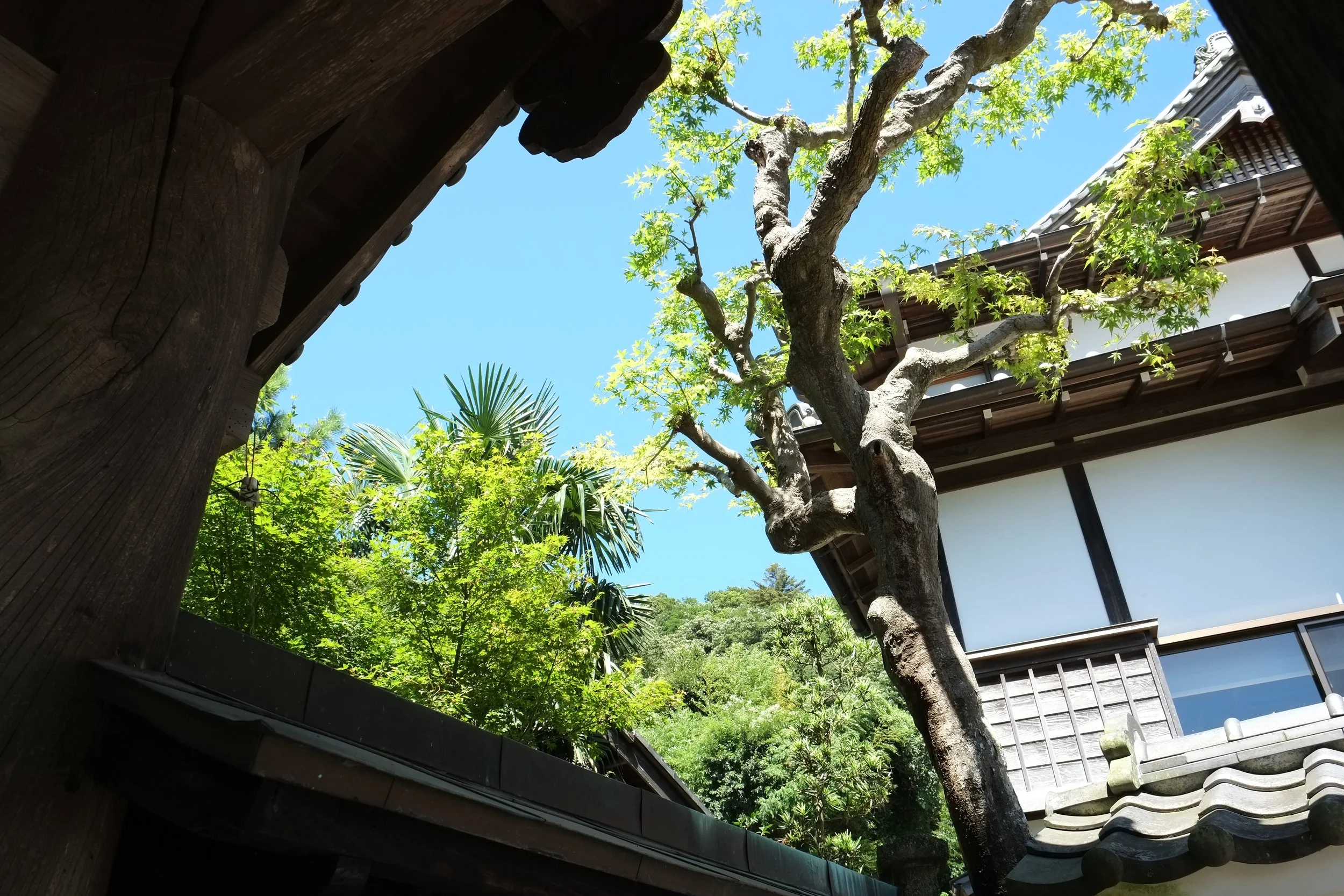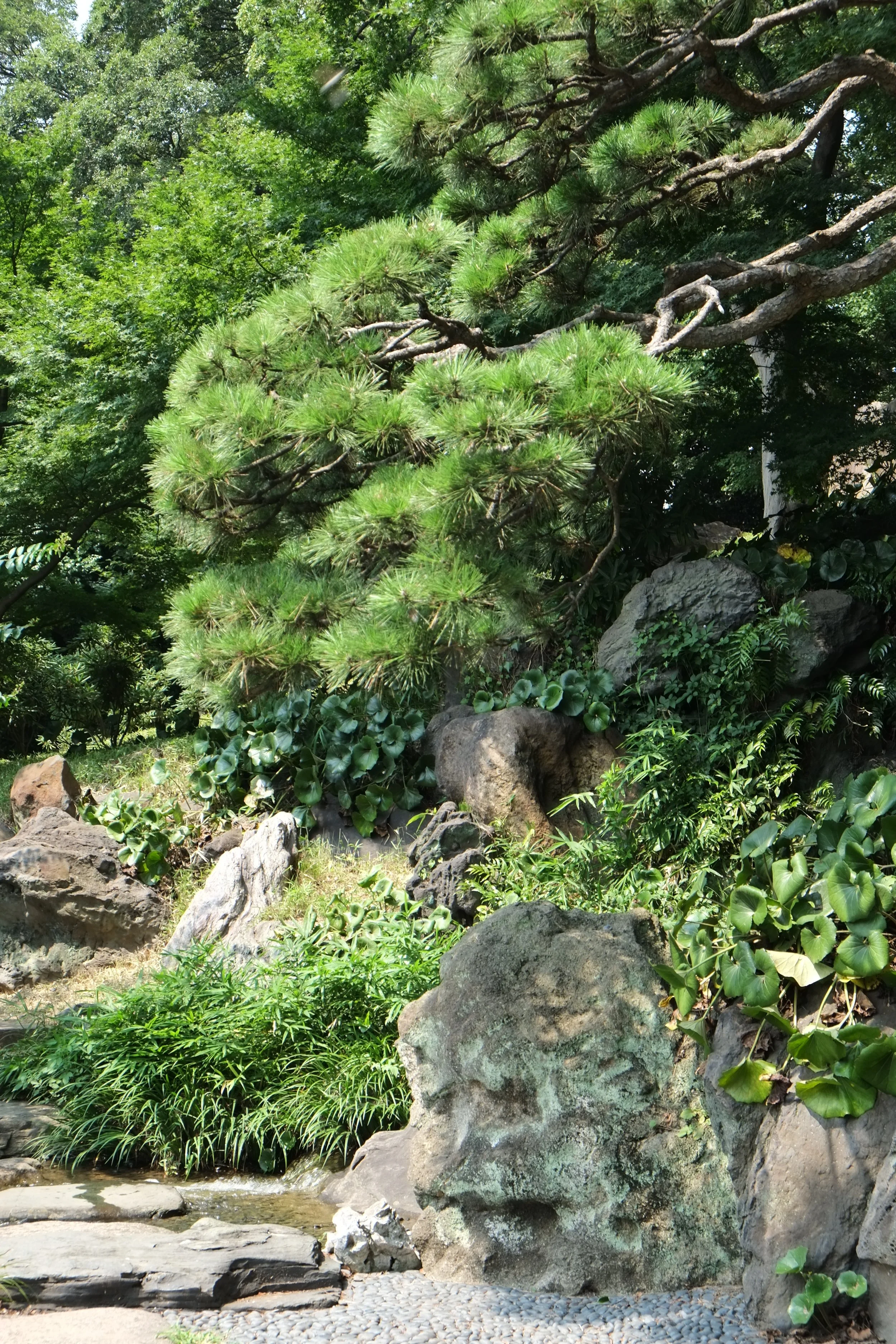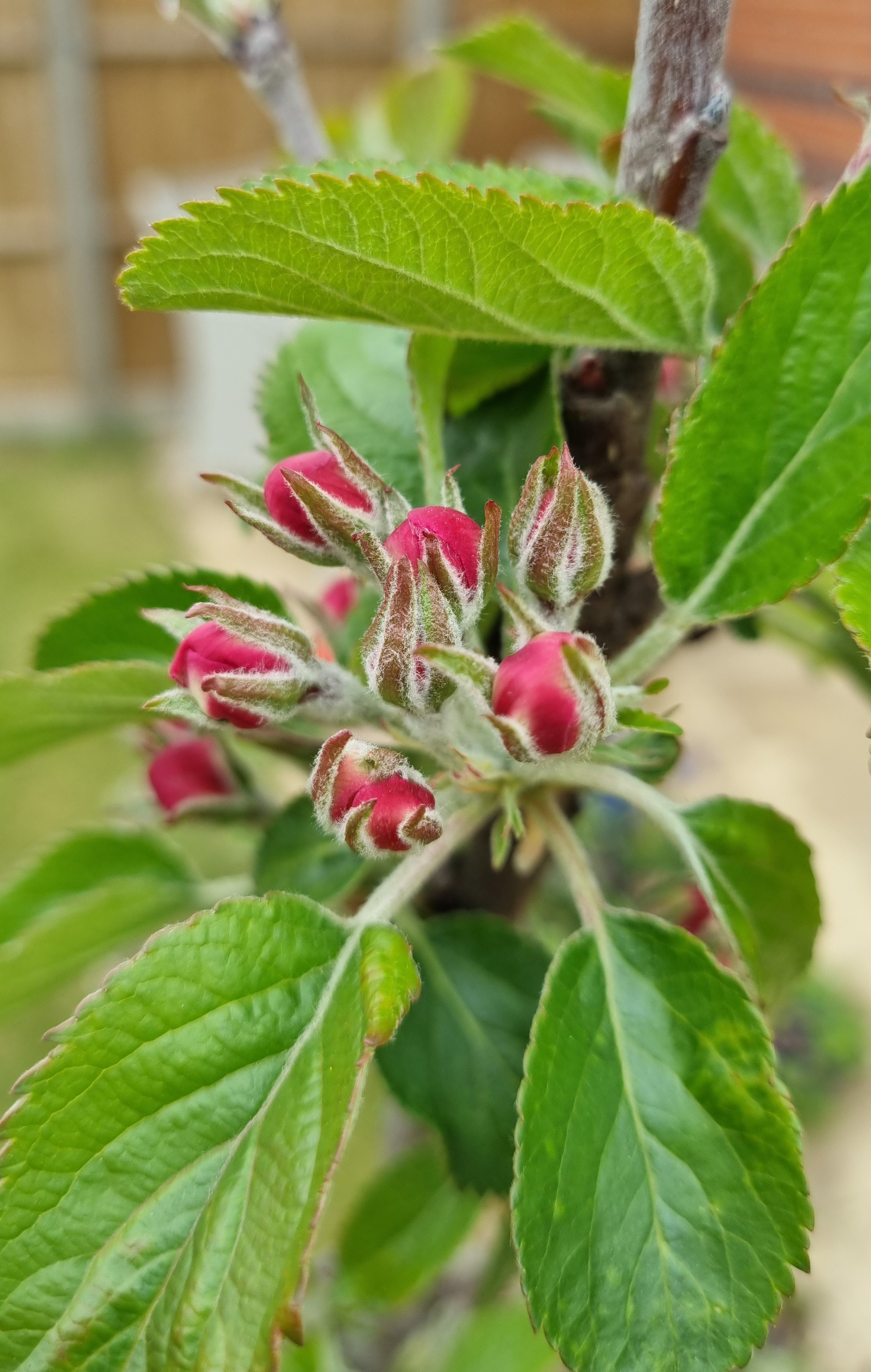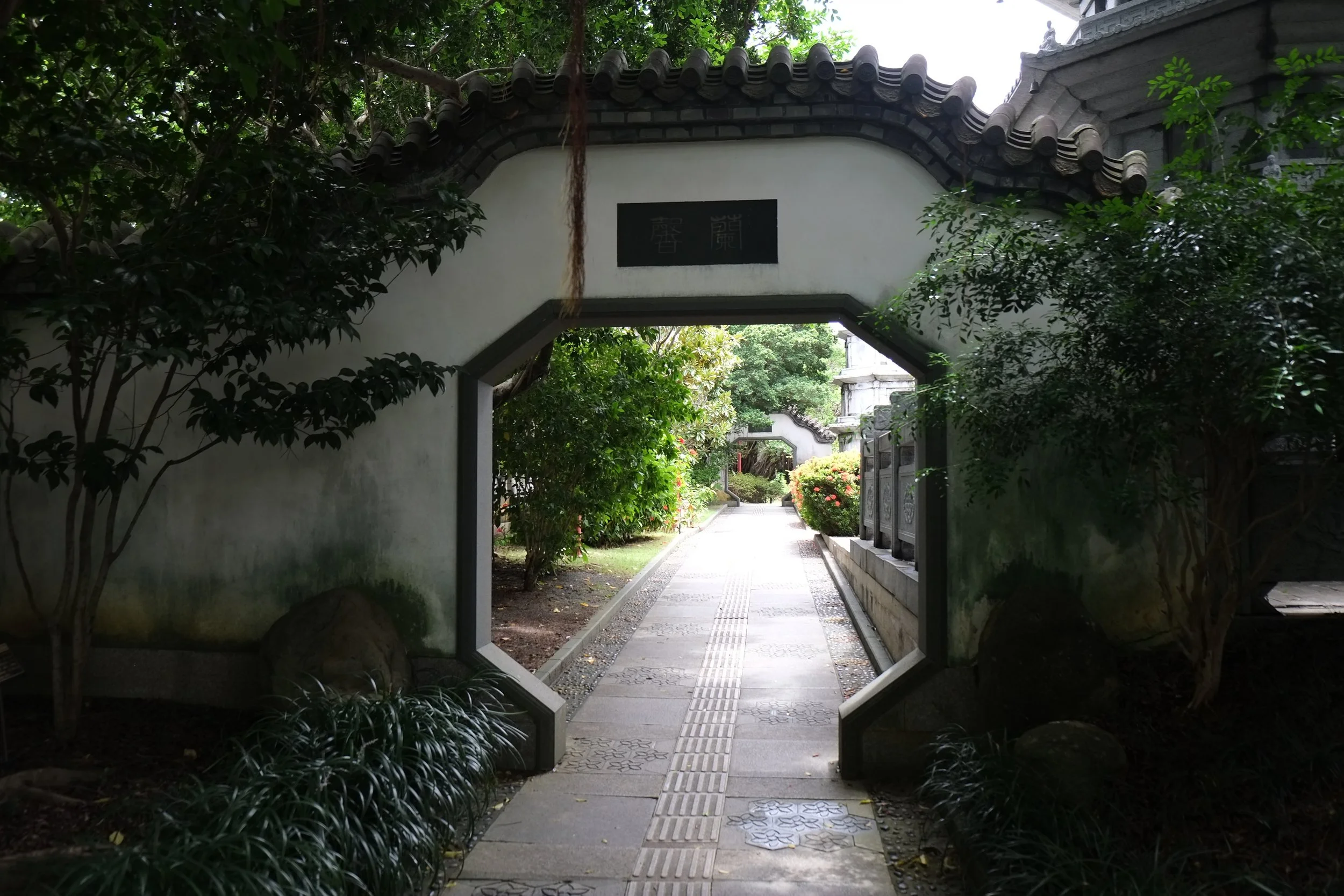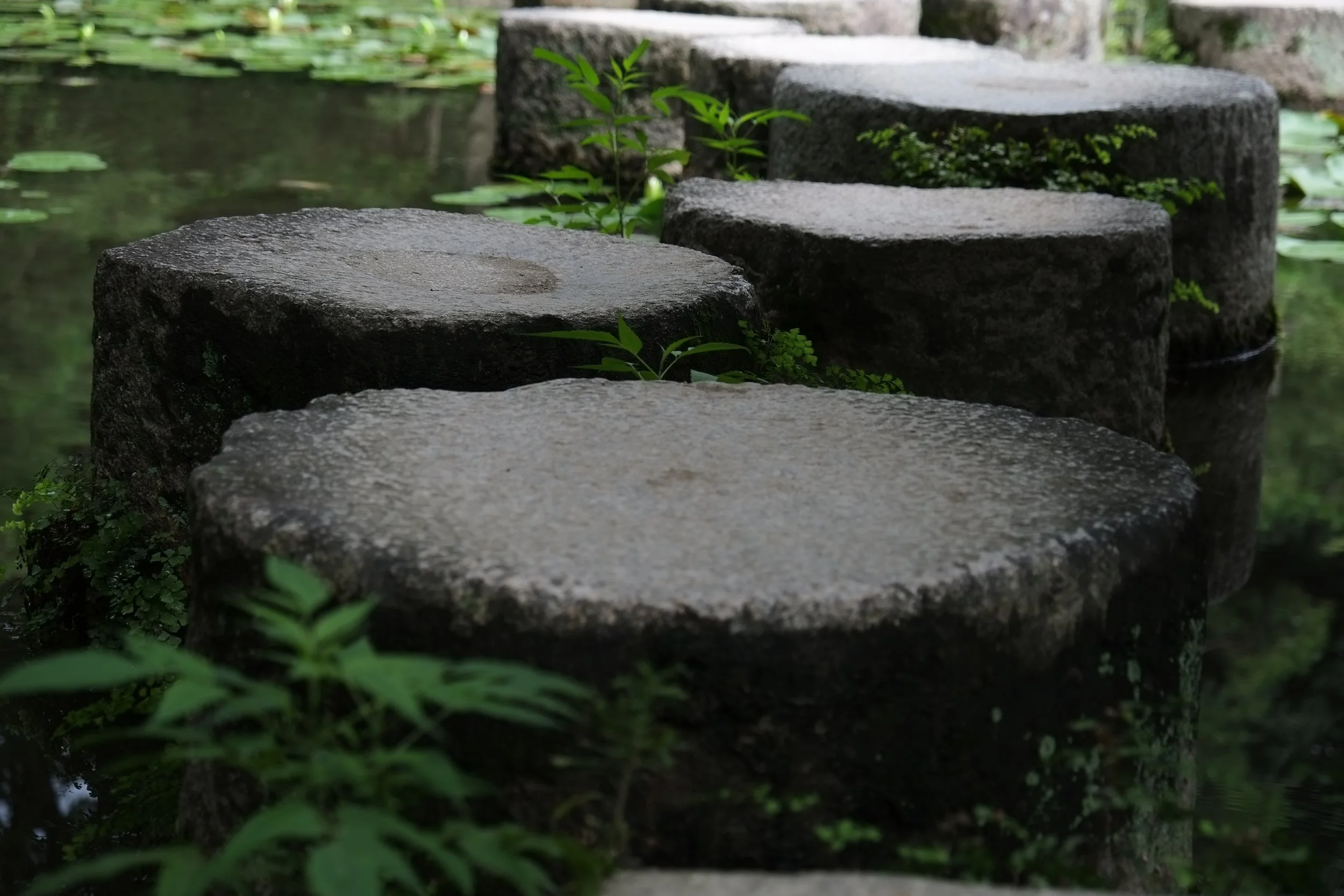For a start, here is a list of 13 books (in no particular order):
· Designing Your Life: Build a life that works for you by Bill Burnett and Dave Evans – this is a classic for me. I was fortunate to meet Bill in 2015 at a book talk in London and grateful he accepted my invite to deliver a workshop at the university where I was working back then. It was on the topic of this book. The main message stayed with me – we are all designers working on our next best version or a prototype. Because we work on prototypes we can never fail – we learn what doesn’t work so that our next prototype be it work project/chapter/creative work will be better. It’s a funny book that includes a number of practical reflective exercises that will help you at any stage of your life/career.
· Mindset by Dr Carol S. Dweck – fantastic book on growth and fixed mindset. It’s the mindset that is often stopping us to achieve great things and reach our potential. The great thing is that we have full control over it and so the opportunities it brings are endless. This book had a profound impact on me and how I started to look at situations and what was happening to me.
· Leading by Alex Ferguson with Michael Moritz – you don’t need to be a Manchester United fan to enjoy this book! It’s a great book on leadership applied on and off of the pitch. It reminds us that the greatest leadership lessons are widely applicable in all areas of our life.
· Thrive by Arianna Huffington – a book about reconnecting with ourselves discussing topics of prioritising, managing challenges and talking about a redefinition of success. This is Arianna’s personal story that inspires to make a change.
· The Power of Now by Eckhart Tolle – I came across this book over seven years ago. It connected the dots for me and provided answers to some of the transformative changes that I was going through at that time. It is very much about reconnecting with the present that can transform our experiences and our way of thinking.
· Lean In by Sheryl Sandberg – a book that has the ability to empower any woman to stand up for herself and reach her potential. A good read for men too!
· Option B by Sheryl Sandberg and Adam Grant – this is a book on how to deal with adversity, become resilient and reconnect with joy. Sheryl’s very personal and honest story of how to deal with loss provides some valuable lessons.
· Radio Heaven by Dr Sam Collins – an inspirational story written by a great coach. It also provides reflective questions for each of us to pause and think about the course of our life and the potential we have.
· Big Magic by Elizabeth Gilbert – what is creativity? This is a book about curiosity, courage, reconnecting with creativity, magic and exploring how to make things more vivid, joyful and daring to do them despite the fear that we can feel.
· The Element by Ken Robinson with Lou Aronica – this book is about finding out what really makes you tick and devoting to it your time; it’s about exploring when you are in the zone; about finding the crossroads between your passions and talents. It’s full of many moving stories and well worth the read for its impact can be profound.
· The Art of Being Brilliant by Andy Cope and Andy Whittaker – a very funny book with many powerful messages. As the authors say here, success is not about becoming a different person but rather finding out what really works for you and then doing more of it.
· Build Your Business In 90 Minutes A Day by Martin Gladdish and Nigel Botterill – when I started my business this book has helped me from day one. I was able to create a structure in my day, work towards goals and keep my focus. This book is not just for entrepreneurs but all those who work on projects, dream about starting something new or just simply want to work with time better.
· The Positive Leader by Jan Mühlfeit and Melina Costi – this book is very much about exploring your strengths and managing your energy. Once you know what you are good at and what naturally flows to you you can spend more time doing it. It comes down to self-awareness. Unlocking your strengths can open a new path for you where you can achieve your potential and become an inspiring leader.
In addition, here is my special collection for those who are runners or enjoy sports widely:
o Born to Run by Christopher McDougall
o Eat and Run by Scott Jurek with Steve Friedman
o North by Scott Jurek
o Endure: Mind, Body and the Curiously Elastic Limits of Human Performance by Alex Hutchinson
o Alone on the Wall by Alex Honnold with David Roberts
o Believe by Nicola Adams
o 401: The man who ran 401 marathons in 401 days and changed his life forever by Ben Smith
o Roger Federer: Quest for Perfection by Rene Stauffer
At the moment, I am reading The Art of Possibility by Rosamund Stone Zander and Benjamin Zander. I have a feeling this will be added to the list too!
What books had an impact on you? Is there one particular book that stands out?
What are you reading at the moment? If you could write a book what would it be about?

